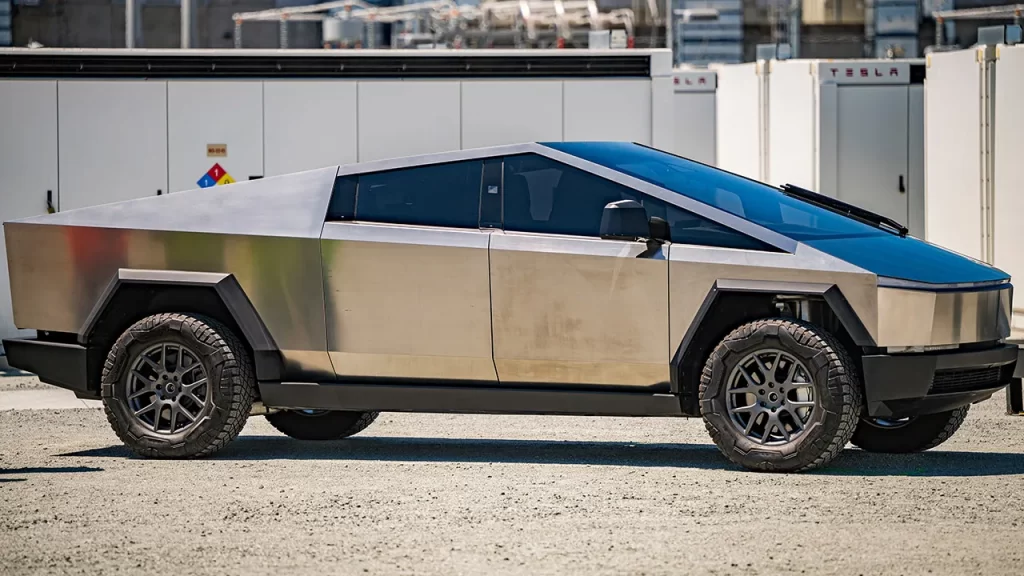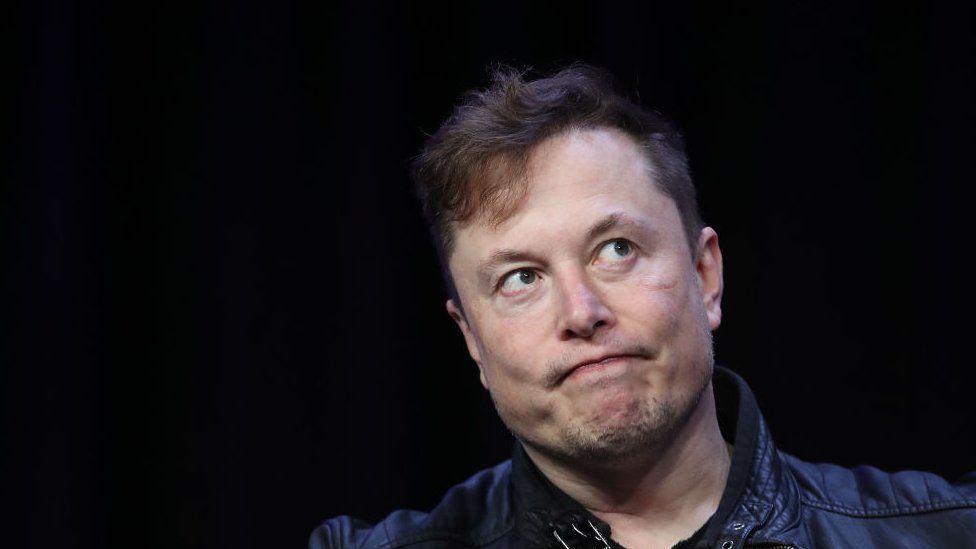A massive leak of internal Tesla documents to the German newspaper Handelsblatt has revealed serious flaws in the company’s Autopilot technology. The 23,000 files cover issues in Europe, the US, and Asia from 2015 to March 2022 and could potentially lead to regulatory pressure on Tesla.
The leaked documents contain shocking accounts of near-death experiences caused by Tesla’s Autopilot but for analysts, these aren’t shocking.
Tesla has been known for its “move fast and break things” approach to product development, leading to concerns about the readiness and safety of its releases.
There has been a total of 393 recorded deaths involving Teslas, with 33 of them involving Autopilot. Some accuse Tesla CEO Elon Musk of accepting driver deaths as a consequence of advancing technology.

The content of the leaked documents is shocking, with accounts of near-death experiences at the hands of Tesla Autopilot. But analysts say it’s not unexpected.
“For most of us who have been covering Tesla for a decade now, this isn’t that surprising, and it is likely unsurprising for most Tesla customers too,” says Matthias Schmidt, an independent automotive analyst in Berlin.
Musk’s acquisition of Twitter, which he has used to brush off criticism, may no longer be sufficient to shape the narrative in the face of such extensive leaks.
Tesla’s mounting troubles are attributed by some to Musk’s leadership. According to Ferdinand Dudenhöffer, director of the Centre for Automotive Research in Duisburg, Germany, he divides his time between running Tesla, his rocket company SpaceX, and Twitter, and has been criticized for making repeated mistakes.
“He should not any longer be the CEO and lead Tesla,” Dudenhöffer says, “because he makes mistake after mistake after mistake.”
The company’s loyal customer base has historically stood by it, but Tesla is losing its leadership position. While it recently teased a mystery vehicle, it has provided limited details about its next generation of cars.
The Cybertruck, initially expected to enter production in 2021, has faced multiple delays and is now slated for release in 2024.

The delays in launching the Cybertruck will have knock-on effects, including a delay in releasing the Roadster, another highly anticipated Tesla product. These production setbacks and safety concerns are eroding consumer confidence, even for established brands like Tesla.
Investors seem to have already lost patience. Tesla’s share price peaked at $407.36 in 2021 and has since fallen by more than half, closing on May 25, 2023, at $184.47 a share.
“Shareholders have been screaming at Musk to get back in the driver’s seat for a long time,” Schmidt says. “Tesla can’t run itself in autopilot mode.”
Tesla’s ability to recover will depend on winning back consumer confidence, addressing safety issues, and delivering on promised products. The leaked documents have shed light on the company’s technical limitations and have put pressure on regulators to scrutinize Tesla’s claims about vehicle safety.
As criticism mounts, it becomes clear that Tesla cannot rely on its autopilot mode and needs to take immediate action to steer its course in a more secure direction.


